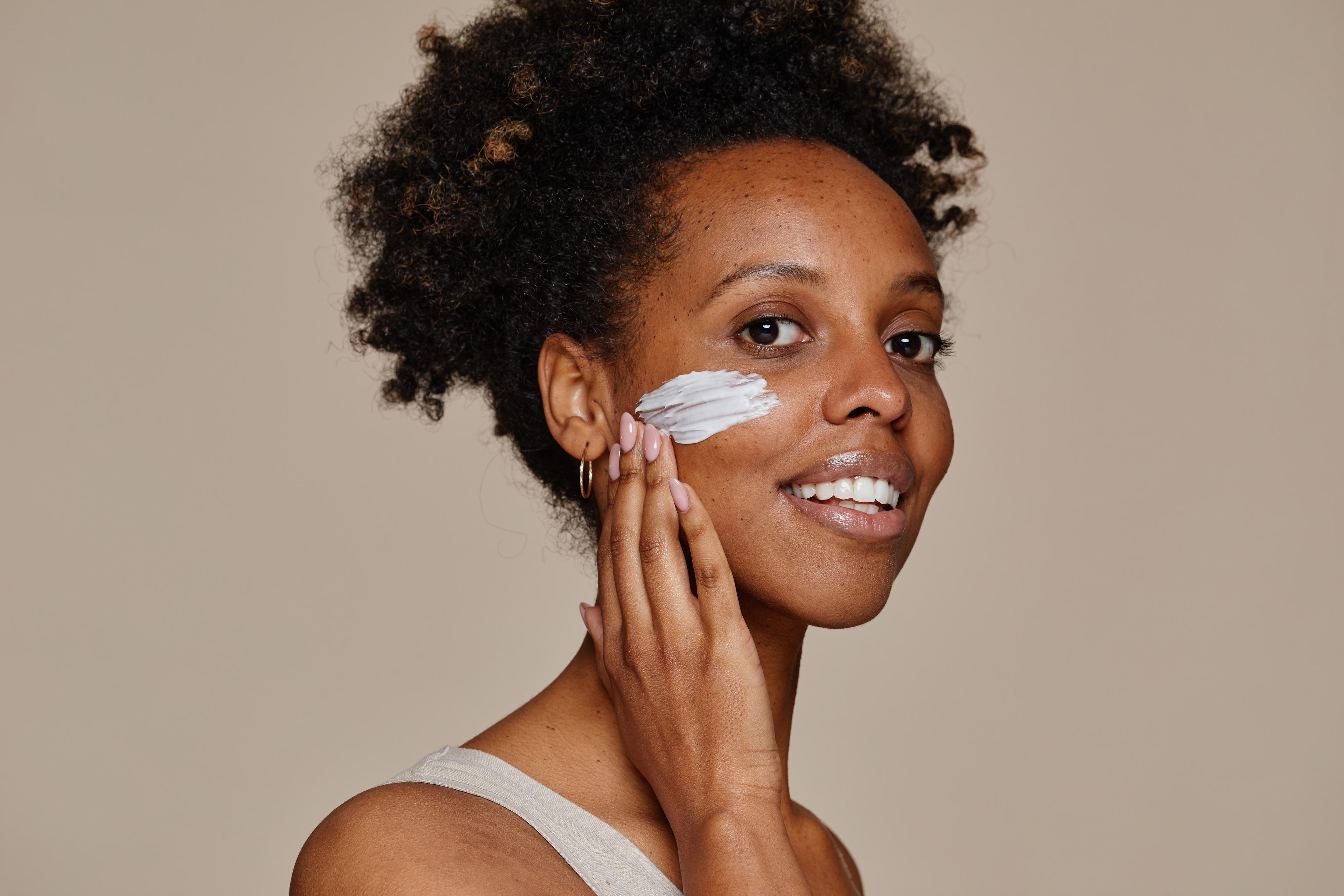From makeup to medical-grade skincare brands, aesthetic nurse Claire Battista - founder of The Batt House - discusses the current situation when it comes to black and brown people getting what they need, as well as what the future of skin care for people of colour looks like.
Skin Care for People of Colour: There's Still More to Do!
Makeup for people of colour
As a woman of colour growing up, whether it be skin care, makeup or hair care, products were very much focused upon Caucasian characteristics. I recall, as a young woman, being excited when a well-known makeup brand came to Newcastle - only to be told at the counter that they didn’t stock products for my skin colour. Thankfully, we have moved on from that now, with most major brands carrying colours suitable for black and brown skin tones, and makeup brands, such as Fenty, focusing on a wide range of colours.
Skin care for black and brown skin tones
But what about skin care? We have brands that stock a variety of ranges for differing skin needs - whether that be oily, dry, sensitive and acne-prone to name a few. There is very little research that highlights differences in black and brown skin compared to Caucasian skin. However, there is some awareness from health professionals that conditions, such as eczema and psoriasis, can visually present very differently in black and brown skin to that of Caucasian skin, and this can and has led to misdiagnosis for black and brown patients presenting with such conditions. Black and brown skin people are more likely to suffer from pigmentation issues, and research also suggests that black and brown skin has higher levels of hydration than Caucasian skin. As an aesthetic nurse, I have completed several training courses specifically for skin, but particular products or issues for people of colour have not been raised in any of the training I have attended.
Moves towards inclusivity of black and brown skin in mainstream products have been made with the use of black, brown and Asian models in advertising campaigns. However, if a person of colour were to go to a medical-grade or mainstream skincare brand, asking for products that address the needs of black and brown skin, I’m uncertain they would be successful in getting a skincare package specifically tailored to their needs and which take in to account how the colour of their skin impacts upon their skin health.
Medical-grade skincare for people of colour
I am not currently aware of any medical-grade skincare or mainstream skincare products that are specifically designed for the needs of black and brown skin. In saying that, research into specific needs of skin of colour is so sparse that I believe brands would need to invest funds into research in order to develop any products specific to the needs of black and brown skin.
I have approached brands to ask what products are available in their ranges and been given responses that products suit all ethnicities, but I question the realities of this. Theoretically, there is a lack of evidence-based research about the differences in skin care needs but, on a practical level, I do believe there are differences in the skin care needs of black and brown skin that are not currently being addressed in the skincare world.
The future of skincare for black and brown skin?
I have recently had a medical student reach out to me who believes that the needs of black and brown skin is not being addressed, and, as such, there are inequalities in skin health for people of colour. His current plan is to develop an app to support black and brown people to obtain information that will help them address their skin needs. This seems a great move forward in addressing inequality, which hopefully filters through to skincare brands and training companies. So, come on skincare brands - let’s see more inclusivity, please!

